AN AMERICAN FAIRY TALE WE'RE IN THE MIDST of a perilous fairy tale, and the worst part is that it’s the Democrats who are falling for it. It goes this way: Once upon a time in the Kingdom there was a terrific president. This president - we'll call him Joey - was everything you could ask for in a Main Guy. Joey was kind and capable, and he accomplished a great many wonderful things that improved the lives of the citizens of the Kingdom, although the citizens seemed hardly to notice. In 2020, he drove out an Evil Prince from the White House, and that was a particularly big deal, because the Prince was not only a clownish nitwit, but was, at his core, a racist and cruel fiend. Joey appointed capable, smart people to his cabinet, and got the Kingdom running on an even keel, approaching the kind of government that the citizens of the Kingdom long had taken for granted, therefore gave Joey little credit for this stunning achievement. Joey made good on his pledges to address climate change, improve the economy, and champion long-held values like being absolutely opposed to the use of of military-grade rifles to murder children for going to school. Joey came to the rescue of Ukraine after it was invaded by a Russian bully, who was a great pal, if not the actual puppet master, of the Evil Prince, and he got a lot of Western countries to supply weapons, training and advice that helped Ukrainians resist the bully. BUT LIKE ALL FAIRY TALES, this one has a dark side. While unquestionably advanced politically, Joey also was quite advanced in his years, having reached category of what commonly known as being an "old fella," an "elderly guy," a "geezer," and an "80-years-young codger." Joey continued to get older and older and older, day after day after day. This worried a great many people, including Joey’s stanchest supporters, who were some of the Kingdom’s most kindly, compassionate and caring citizens, often referred to as Democrats. Like everyone in the Kingdom, these Democrats were quite familiar with people who were 80 or more in their years, in fact, they had witnessed what actually happens with advancing years, a story that always ends the same disappointing way. And in lots of cases, prior to death, oldsters became mentally and physically disabled as their bodies and brains wore out, like a '67 Corvettes that's been around too many blocks, too many times. But Joey ignored all of this and for both patriotic and egotistical reasons, he decided to seek another four-year term. The Democrats took immediate steps: they worried, fretted and agonized endlessly about Joey’s advancing age. And did nothing about it. THERE IS A GOOD FAIRY in this tale. She/he also was a worrier, but like all Good Fairies, preferred action to fretting and agonizing, and thus dispatched a case-in-point to Democrats, an actual a member of the United State's Senate, a body which the Kingdom inaccurately referred to as “The Upper Chamber.” We’ll call this emissary “Diane.” She was 89 in her years and had had an inspiring history as a political reformer and progressive, serving many terms in the Upper Chamber. But recently, she had not been at the Senate for months, because of a painful affliction called shingles and its effects. Suffice it to say when Diane finally got back to the Kingdom’s capital, her condition was even worse than feared. Her appearance was described by one of the nation’s leading heralds of unwelcome news, the New York Times, and it was upsetting just to read:
Using a wheelchair, with the left side of her face frozen and one eye nearly shut, she seemed disoriented as an aide steered her through the marble corridors of the Senate, complaining audibly that something was stuck in her eye. It gets worse, Jim Newell, another herald of bad tidings, in this case for Slate, told of a "conversation" that he and another reporter had with Diane; Newell asked how she was feeling, and she said: “Oh, I’m feeling fine. I have a problem with the leg.” A fellow reporter staking out the (Capitol) elevator asked what was wrong with the leg. “Well, nothing that’s anyone concern but mine,” she said. When the fellow reporter asked her what the response from her colleagues had been like since her return, though, the conversation took an odd turn. “No, I haven’t been gone,” she said. "OK." “You should follow the—I haven’t been gone. I’ve been working.” When asked whether she meant that she’d been working from home, she turned feisty. “No, I’ve been here. I’ve been voting,” she said. “Please. You either know or don’t know.” Plainly, and avoiding evasions and euphemisms favored in both fairy tales and the Upper Chamber, Diane didn’t know whether she was coming or going. Not Diane’s fault. We all get there sooner or later. A least the Good Fairy tried to alert the Democrats to the folly of magical thinking that pretended that that age doesn’t matter and presidents live happily ever after. FAIRY TALES ARE SUPPOSED TO END with a moral, such not letting the wolf in through the front door, or avoiding the temptation of eating someone else's porridge, although it’s apparently okay lose one or more shoes after the dance or to kiss a frog. The moral of this story is that it's going to end badly unless Democrats stop pretending that it’s okay to have a president who's 80 and more, and that just because nothing has gone wrong for him so far, that things will continue to do so for the next five years. It won't. Wishful thinking is ridiculous thinking. Sooner or later – and I’m betting on sooner, because I'm Joey's age and every couple of months I've been writing remembrances about more and more of my contemporaries – a crisis will develop, and the Kingdom’s kind, compassionate and caring Democrats are going to have to find a replacement for Joey. Anticipating this before it actually happens is a two-step process:
Competent, realistic and tough-minded Democrats need to step forward and present themselves as alternatives to Joey. And persuade the country that there are plenty of other potential Main Guys and Main Gals throughout the Kingdom. If you want some names - everybody keeps asking me for names, since I've written this sort of essay many times - I've attached a list of people, many of whom are still a mystery to most of us, but who, when you start to think about it, are credible. The fact that most of us know little or nothing about Joey alternatives is my best argument for Joey getting out of the way so people can become familiar with his possible replacements. Frightening forces, known as Republicans, are afoot in the Kingdom. Sadly, we've reached a point in our history where every election is a crisis. As the Evil Prince has demonstrated, the Constitution has flaws, half the electorate feels some kinship to the Evil Prince, and that's why we are only one election away from catastrophe. Consider what's at stake: climate catastrophe; an American dictatorship committed to discrimination by race, religion, gender and national origin; economic inequality; censorship; biased courts; and the rest of the Republican agenda. The sad fact is that this story is never going to have a happy ending unless Democrats get serious about fairy tales, stop pretending Joe is going to live forever, offer their sincere thanks for his exemplary service, and then gently guide him out of the Oval Office and in this way, save the Kingdom. * * * DEMOCRATS WHO COULD BE PRESIDENT Ranked by age, which isn't a factor for any of them - they are all youngsters in Democratic standards - and any of them might do a credible job. I've supplied a similar list in previous writings, which have been pretty much based on the same theme. This one is plucked from a recent Washington Post roundup:
Feel free to add some of names of your own. Time's a-wasting.
2 Comments
JACK MONAGHAN |
|
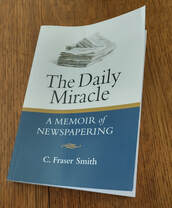
At another point in the memoir, Fraser recounts the appearance in the newsroom of an organized crime enforcer named Dickie Callei, accompanied by his lawyer, a state legislator and future chief justice of the Rhode Island Supreme Court, Joseph A. Bevilacqua.
Fraser gives two versions of what Callei wanted from the paper. Jack’s was that Callei was upset that the paper wasn’t using enough of his criminal record, which he wanted known so as to scare his targets.
Fraser gives two versions of what Callei wanted from the paper. Jack’s was that Callei was upset that the paper wasn’t using enough of his criminal record, which he wanted known so as to scare his targets.
| He (Monaghan) called Bevilacqua to his desk. “Get this thug out of here,” he told the lawmaker. They left. But Callei came back that afternoon. “Now, I'm going to die,” Monaghan thought. Callie walked up to his desk. And apologized. “Sorry about this morning,” he said. |
THE SLAUGHTER ENDS WHEN N0-GUN WIMPS (LIKE ME) SAY: 'NO MORE!'
HOW DO WE STOP the gun madness?
By saying “enough” to guns and the people who own them.
We need to stop being so polite, so understanding, so deferential, so respectful of guns and people who are crazy about them.
I’m talking not just about folks with AR-15s who need them for their killing sprees at the mall, the synagogue, the Third Grade, the country music festival, the driveway, the home of a neighbor the gunman thinks is too noisy or the home of a neighbor who thinks the gunman is too noisy.
I mean everybody who has a gun of any sort for any reason: a small caliber squirrel gun; a shotgun for duck-hunting; a scoped rifle to kill Bambi in the name of better forestry management; the family heirloom musket over the fireplace or the just-in-case Smith & Wesson on the bedside table.
The killings will stop when the rest of us decide guns don’t belong in our homes.
I KNOW HOW RIDICULOUS this sounds.
Absurd and impractical. I know that.
There are too many guns and too many people who are devoted to guns to think they’ll simply go away – ever.
Guns are too deeply woven into our lives and our culture to believe that attitudes will suddenly change. Then there’s that Constitutional “right” to kill 48,830 people a year.
But change has happened to other things that kill us.
I’m thinking cigarettes.
At one time, smoking was a part of everyday life, and non-smokers were a huge part of the problem.
Non-smokers in the bad old days were extraordinarily conciliatory to the cigarette crowd, so understanding of their addiction, so accommodating to their habits, so respectful of their “rights.”
Hate the smoke; suffer the smokers.
Even in non-smoking homes, thoughtful hosts rushed for ashtrays that were always at the ready in case a visitor asked "Okay if I light up?"
No longer.
Who wants a friend who's killing himself while putting your life in jeopardy?
Today, the only smokers you see now are in black-and-white movies.
Just 11 percent of adults smoke, the Centers of Disease Control and Prevention says, compared to 42 percent in the 1960s.
LET ME REPEAT: I understand what I’m saying is nuts.
Worse, I have absolutely no idea what specific steps will finally put guns on America’s cultural trash heap – just that someday, that’s where guns will end up.
It won’t happen overnight, and certainly not in my lifetime, although that's not saying much, since I’m 80.
It won’t happen with a sudden attack on the people who own guns, or with a “Shame On U” bumper sticker or with a pithy personal insight: “You are a despicable child-murder-in-waiting, you creepy monster gun nut."
Just as happened with cigarettes, guns will become so despised by so many people that almost anyone we know simply won’t want them.
But first, we have to identify the culprits.
I SUSPECT most of us feel that the problem with guns is the people who own guns. Which is true, sort of. But there's a problem, too, with the rest of us who have little or nothing to do with guns.
We are the “Un-Gunned.” And we're wimps, just like the Gunned people say we are.
We are afraid of hurting the feelings of, and eventually becoming estranged from, the people who own guns. Gun owners are our fathers, sisters, aunts, best friends, fellow gym rats, neighbors, worshipers in the next pew, electricians, uncles and our neurosurgeons.
We think we should be inclusive – especially in a democracy.
Big mistake.
The other day, I was looking at the website of the Brady organization. That’s the outfit that works to stop gun violence and is named for the late Jim Brady, the press secretary who was severely wounded in 1981 when an assassin tried to kill President Ronald Reagan.
Here's what the group has to say about gun owners:
“Brady acknowledges the important role that responsible gun owners play in our communities. Gun owners are an essential part of preventing gun violence.”
That sounds so reasonable, so inclusive, so insightful, so coalition-building.
And it's so absolutely, completely and totally absurd.
Can you imagine the American Lung Association posting something similar:
“We acknowledge the important role that responsible smokers play in our communities. Smokers are an essential part of preventing cancer."
There is no such thing as a responsible smoker.
And no such thing as a responsible gun owner.
Want to stop the killing? Get rid of the guns.
How? Get gun owners to wish away their arsenals.
We can’t take their guns away.
But we can make owning a gun a terrible thing, a thing of shame, something that people just don't want to do.
LET US COUNT the obstacles.
It’s a cliché to say there are more guns in the United States than people.
A group called “American Gun Facts” puts the number of guns at 466 million; the population is 334 million.
This means that if you placed an AR-15 in every baby's crib; put a shotgun in every student’s backpack; stocked every maximum security cell with a Beretta; and made sure that that every nursing home complied with Medicare’s “packing heat” requirements, there would still be plenty of guns.
About 30 percent of U.S. adults owns at least one gun, according to the Pew Research Center; another 11 percent of people told Pew that while they don’t own a gun, someone else in their house does. About one-third of gun owners say they have at least least five.
Why?
For work.
For collecting.
For sport.
For hunting.
For protection, which is Reason Number One.
I understand Reason Number One.
I’m a scaredy cat. I can imagine that if I was traumatized by crime, felt someone was out to get me or my family and knowing that the cops might not be around when it counts, I’d be first in line at Don's Good Guys' Guns Ammo and Camo Last Stop.
All of us are so stupid about guns.
BUT WE DON'T have to be stupid forever.
Take drunk driving.
When I was growing up, drunk driving was celebrated; it was the subject of epic tales of wild rides on hairpin mountain roads, unimaginable close-calls with the cops, near collisions with un-drunk drivers, heroic Odysseys limited only by the raconteurs' impaired recall.
Eventually, dead people’s mothers got MADD; and now drunk driving is not just against the law, it’s a cultural sin.
I mean people still do it; but no one defends drunk drivers unless they are paid to, and no one is proposing a Constitutional right to drive drunk.
ONE DAY, having a gun in the house will be considered just as dangerous as having a pack of cigarettes on the kitchen counter or an empty six-pack in the front seat.
Someday, lock-down drills to survive school shootings will be ancient history, just like duck-and-cover drills to survive nuclear war.
Someday it will be safer to go to school, go shopping, turn into the wrong driveway, ring the wrong doorbell, have an argument with your spouse or to ask a neighbor to lower the noise so the baby can sleep.
Someday, enough Americans will get angry enough about guns.
"Seriously. You own a gun?"
By saying “enough” to guns and the people who own them.
We need to stop being so polite, so understanding, so deferential, so respectful of guns and people who are crazy about them.
I’m talking not just about folks with AR-15s who need them for their killing sprees at the mall, the synagogue, the Third Grade, the country music festival, the driveway, the home of a neighbor the gunman thinks is too noisy or the home of a neighbor who thinks the gunman is too noisy.
I mean everybody who has a gun of any sort for any reason: a small caliber squirrel gun; a shotgun for duck-hunting; a scoped rifle to kill Bambi in the name of better forestry management; the family heirloom musket over the fireplace or the just-in-case Smith & Wesson on the bedside table.
The killings will stop when the rest of us decide guns don’t belong in our homes.
I KNOW HOW RIDICULOUS this sounds.
Absurd and impractical. I know that.
There are too many guns and too many people who are devoted to guns to think they’ll simply go away – ever.
Guns are too deeply woven into our lives and our culture to believe that attitudes will suddenly change. Then there’s that Constitutional “right” to kill 48,830 people a year.
But change has happened to other things that kill us.
I’m thinking cigarettes.
At one time, smoking was a part of everyday life, and non-smokers were a huge part of the problem.
Non-smokers in the bad old days were extraordinarily conciliatory to the cigarette crowd, so understanding of their addiction, so accommodating to their habits, so respectful of their “rights.”
Hate the smoke; suffer the smokers.
Even in non-smoking homes, thoughtful hosts rushed for ashtrays that were always at the ready in case a visitor asked "Okay if I light up?"
No longer.
Who wants a friend who's killing himself while putting your life in jeopardy?
Today, the only smokers you see now are in black-and-white movies.
Just 11 percent of adults smoke, the Centers of Disease Control and Prevention says, compared to 42 percent in the 1960s.
LET ME REPEAT: I understand what I’m saying is nuts.
Worse, I have absolutely no idea what specific steps will finally put guns on America’s cultural trash heap – just that someday, that’s where guns will end up.
It won’t happen overnight, and certainly not in my lifetime, although that's not saying much, since I’m 80.
It won’t happen with a sudden attack on the people who own guns, or with a “Shame On U” bumper sticker or with a pithy personal insight: “You are a despicable child-murder-in-waiting, you creepy monster gun nut."
Just as happened with cigarettes, guns will become so despised by so many people that almost anyone we know simply won’t want them.
But first, we have to identify the culprits.
I SUSPECT most of us feel that the problem with guns is the people who own guns. Which is true, sort of. But there's a problem, too, with the rest of us who have little or nothing to do with guns.
We are the “Un-Gunned.” And we're wimps, just like the Gunned people say we are.
We are afraid of hurting the feelings of, and eventually becoming estranged from, the people who own guns. Gun owners are our fathers, sisters, aunts, best friends, fellow gym rats, neighbors, worshipers in the next pew, electricians, uncles and our neurosurgeons.
We think we should be inclusive – especially in a democracy.
Big mistake.
The other day, I was looking at the website of the Brady organization. That’s the outfit that works to stop gun violence and is named for the late Jim Brady, the press secretary who was severely wounded in 1981 when an assassin tried to kill President Ronald Reagan.
Here's what the group has to say about gun owners:
“Brady acknowledges the important role that responsible gun owners play in our communities. Gun owners are an essential part of preventing gun violence.”
That sounds so reasonable, so inclusive, so insightful, so coalition-building.
And it's so absolutely, completely and totally absurd.
Can you imagine the American Lung Association posting something similar:
“We acknowledge the important role that responsible smokers play in our communities. Smokers are an essential part of preventing cancer."
There is no such thing as a responsible smoker.
And no such thing as a responsible gun owner.
Want to stop the killing? Get rid of the guns.
How? Get gun owners to wish away their arsenals.
We can’t take their guns away.
But we can make owning a gun a terrible thing, a thing of shame, something that people just don't want to do.
LET US COUNT the obstacles.
It’s a cliché to say there are more guns in the United States than people.
A group called “American Gun Facts” puts the number of guns at 466 million; the population is 334 million.
This means that if you placed an AR-15 in every baby's crib; put a shotgun in every student’s backpack; stocked every maximum security cell with a Beretta; and made sure that that every nursing home complied with Medicare’s “packing heat” requirements, there would still be plenty of guns.
About 30 percent of U.S. adults owns at least one gun, according to the Pew Research Center; another 11 percent of people told Pew that while they don’t own a gun, someone else in their house does. About one-third of gun owners say they have at least least five.
Why?
For work.
For collecting.
For sport.
For hunting.
For protection, which is Reason Number One.
I understand Reason Number One.
I’m a scaredy cat. I can imagine that if I was traumatized by crime, felt someone was out to get me or my family and knowing that the cops might not be around when it counts, I’d be first in line at Don's Good Guys' Guns Ammo and Camo Last Stop.
All of us are so stupid about guns.
BUT WE DON'T have to be stupid forever.
Take drunk driving.
When I was growing up, drunk driving was celebrated; it was the subject of epic tales of wild rides on hairpin mountain roads, unimaginable close-calls with the cops, near collisions with un-drunk drivers, heroic Odysseys limited only by the raconteurs' impaired recall.
Eventually, dead people’s mothers got MADD; and now drunk driving is not just against the law, it’s a cultural sin.
I mean people still do it; but no one defends drunk drivers unless they are paid to, and no one is proposing a Constitutional right to drive drunk.
ONE DAY, having a gun in the house will be considered just as dangerous as having a pack of cigarettes on the kitchen counter or an empty six-pack in the front seat.
Someday, lock-down drills to survive school shootings will be ancient history, just like duck-and-cover drills to survive nuclear war.
Someday it will be safer to go to school, go shopping, turn into the wrong driveway, ring the wrong doorbell, have an argument with your spouse or to ask a neighbor to lower the noise so the baby can sleep.
Someday, enough Americans will get angry enough about guns.
"Seriously. You own a gun?"
BRIAN C. JONES
I'VE BEEN a reporter and writer for 60 years, long enough to have learned that journalists don't know very much, although I've met some smart ones.
Mainly, what reporters know comes from asking other people questions and fretting about their answers.
This blog is a successor to one inspired by our dog, Phoebe, who was smart, sweet and the antithesis of Donald Trump. She died Feb. 3, 2022, and I don't see getting over that very soon.
Occasionally, I think about trying to reach her via cell phone.
Mainly, what reporters know comes from asking other people questions and fretting about their answers.
This blog is a successor to one inspired by our dog, Phoebe, who was smart, sweet and the antithesis of Donald Trump. She died Feb. 3, 2022, and I don't see getting over that very soon.
Occasionally, I think about trying to reach her via cell phone.
July 2024
June 2024
May 2024
April 2024
March 2024
February 2024
January 2024
December 2023
November 2023
October 2023
September 2023
August 2023
July 2023
June 2023
May 2023
April 2023
March 2023
February 2023
January 2023
November 2022
October 2022
September 2022
August 2022
July 2022
June 2022
May 2022
April 2022
March 2022
February 2022
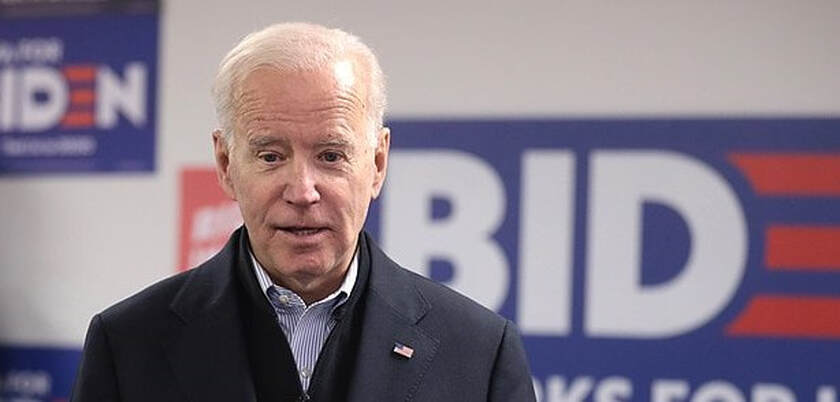
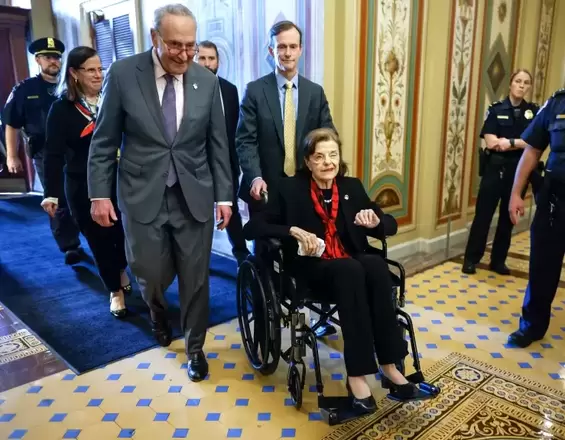
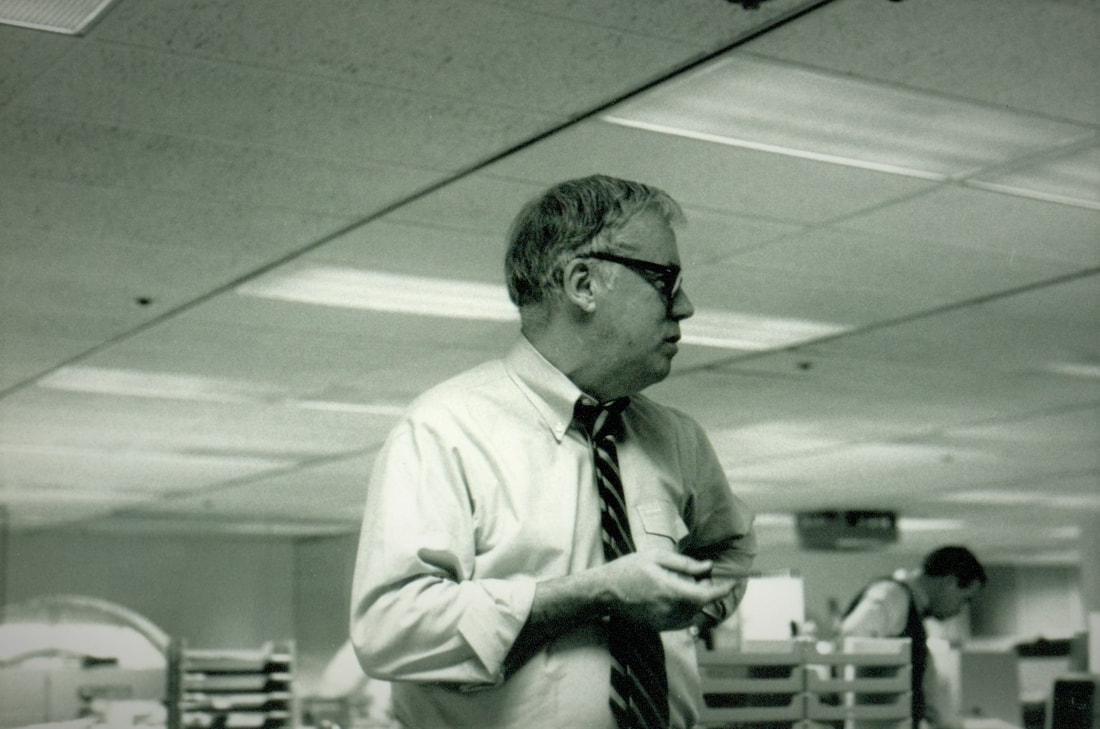
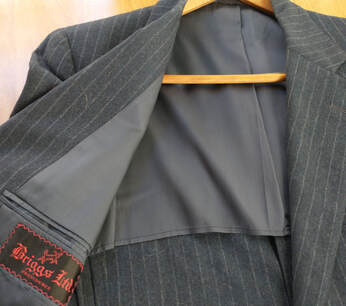
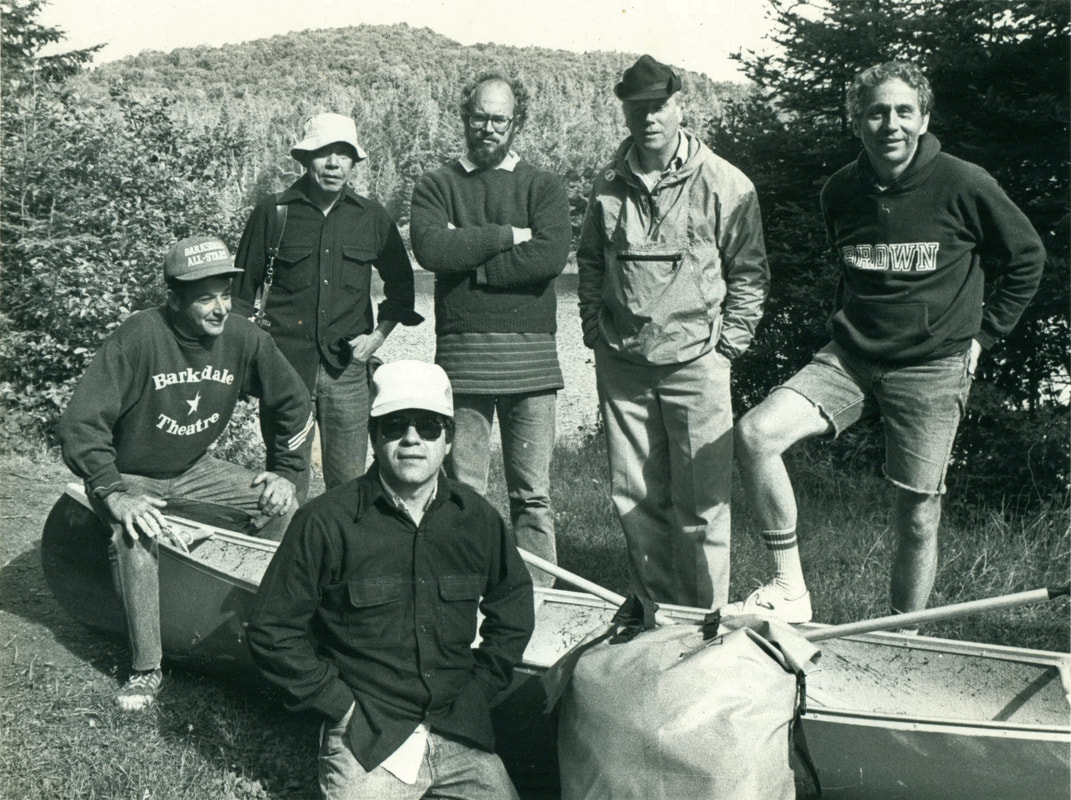
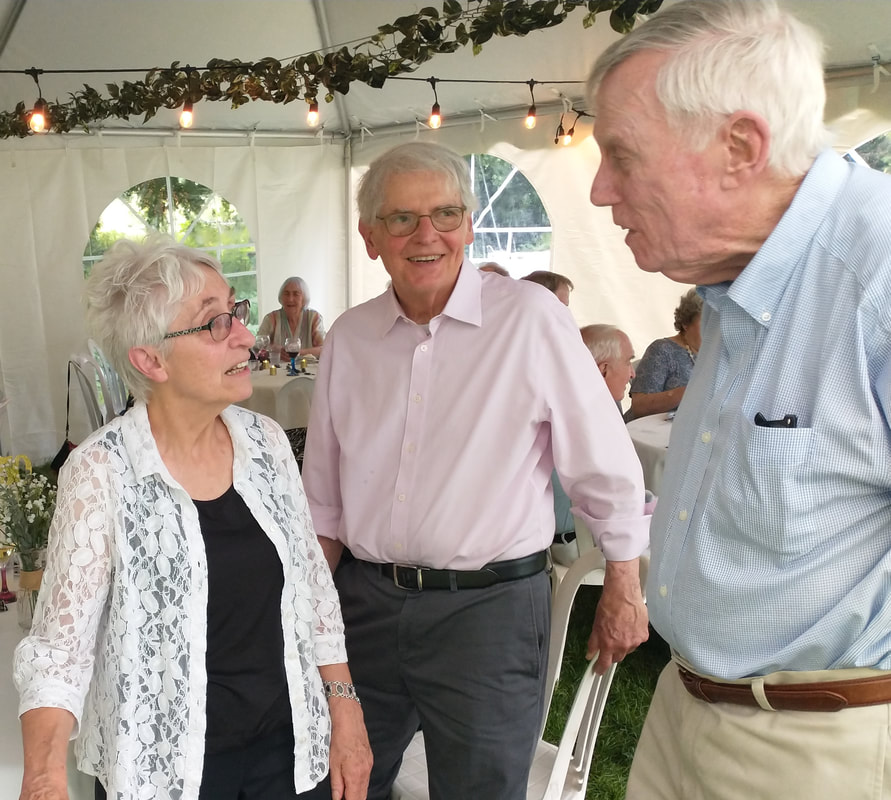

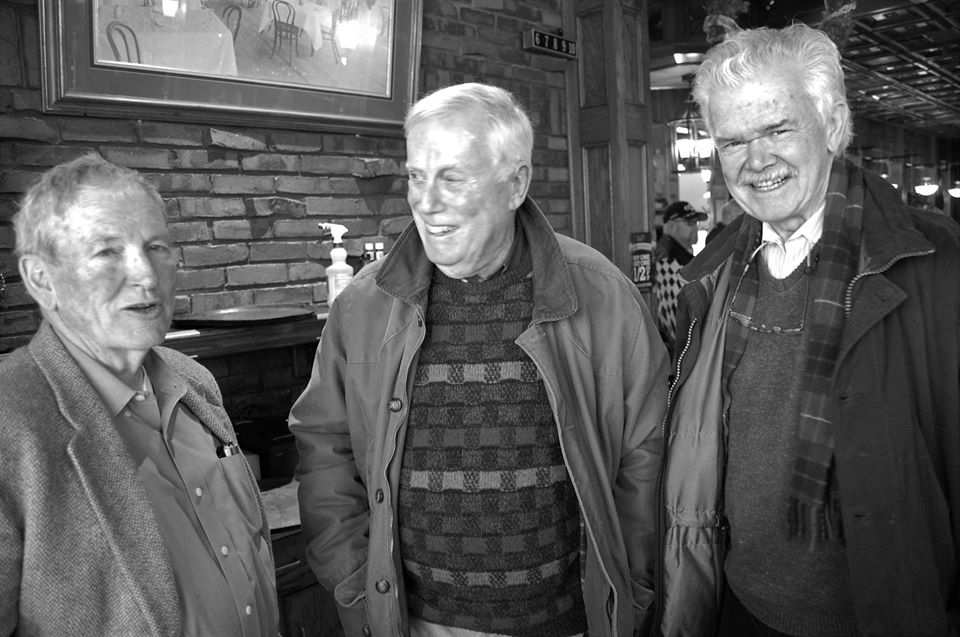

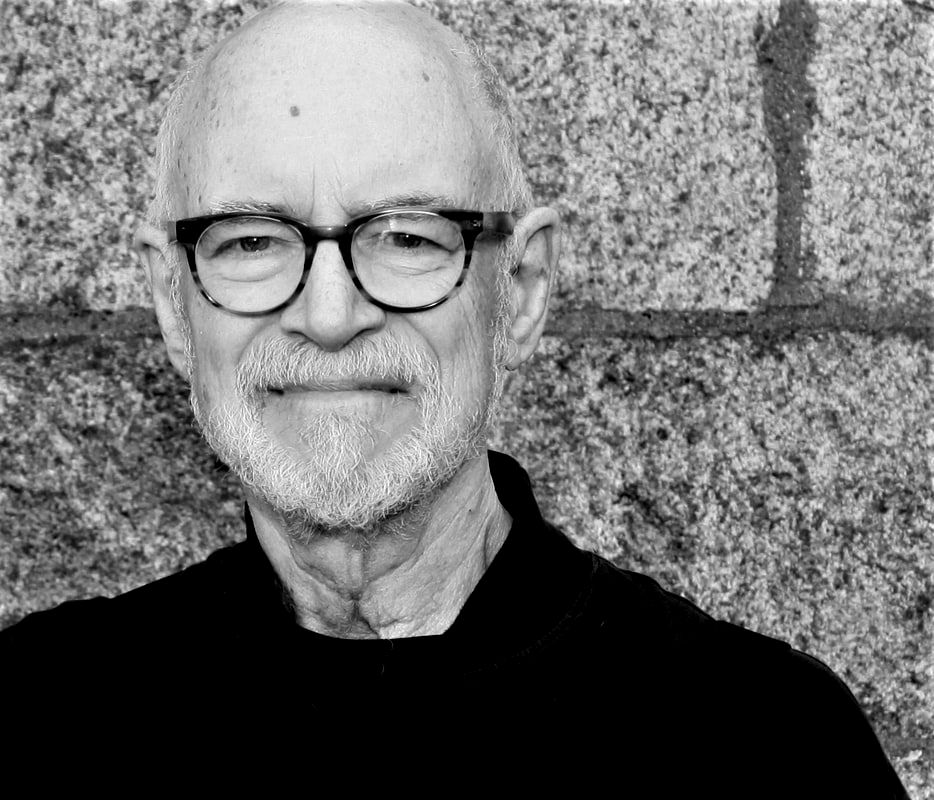
 RSS Feed
RSS Feed